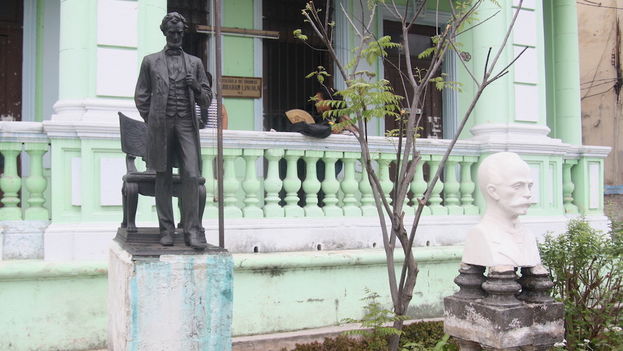
![]() 14ymedio, Orlando Palma, Havana, 29 April 2015 – The high demand for foreign language instruction in Cuba in recent years has forced the Ministry of Education to augment the requirements for access to language schools. Resolution Number 75 of 2015, recently published in the Official Gazette, regulates entry to these schools to people over 17, prioritizes workers, and limits students to studying one language at a time.
14ymedio, Orlando Palma, Havana, 29 April 2015 – The high demand for foreign language instruction in Cuba in recent years has forced the Ministry of Education to augment the requirements for access to language schools. Resolution Number 75 of 2015, recently published in the Official Gazette, regulates entry to these schools to people over 17, prioritizes workers, and limits students to studying one language at a time.
The regulation establishes that students who want access to this variety of adult education must have completed at least the ninth grade in high school. Only through special exceptions will the schools admit “housewives, retirees, other students in senior high schools or universities, or those not working for the social-economic interests of the locality and for the creation of an emerging workforce, requiring language school training.”
To the new restrictions is added, however, the flexibility to open language classrooms in workplaces. With previous authorization, there may also be specialized training courses for people who will be serving on missions of cooperation in foreign countries.
An official from the Ministry of Education who preferred to remain anonymous said that among the motives for making the entry requirements stricter is that a large percentage of the students “end up emigrating and taking with them the knowledge that has been given to them at a very low cost or, in most cases, for free.” He explained, “We need to bring language learning to people who are going to use it in the local economy.”
None of these measures directly affect private sector instruction in foreign languages, although they could benefit from a greater influx of students who no longer meet the requirements to enroll in state schools.
